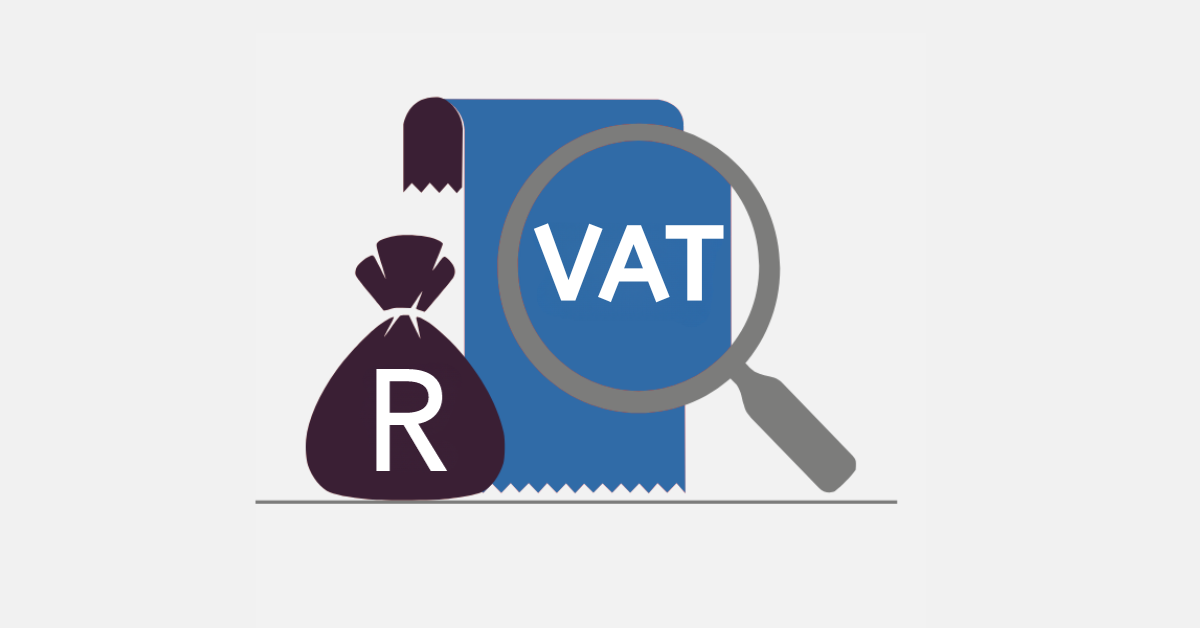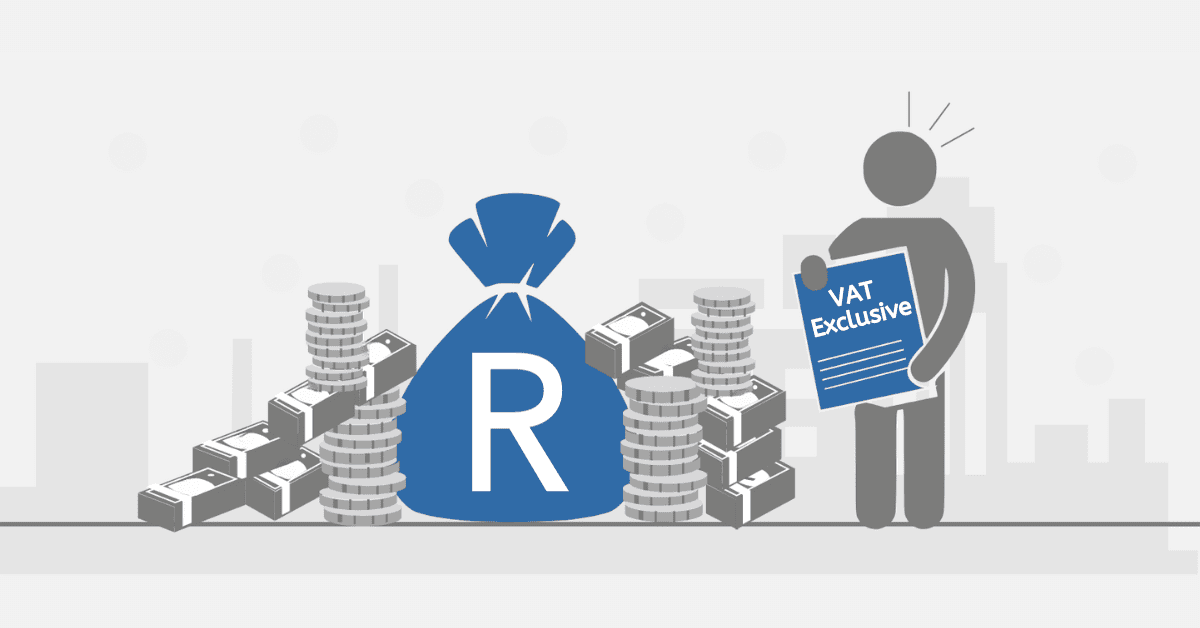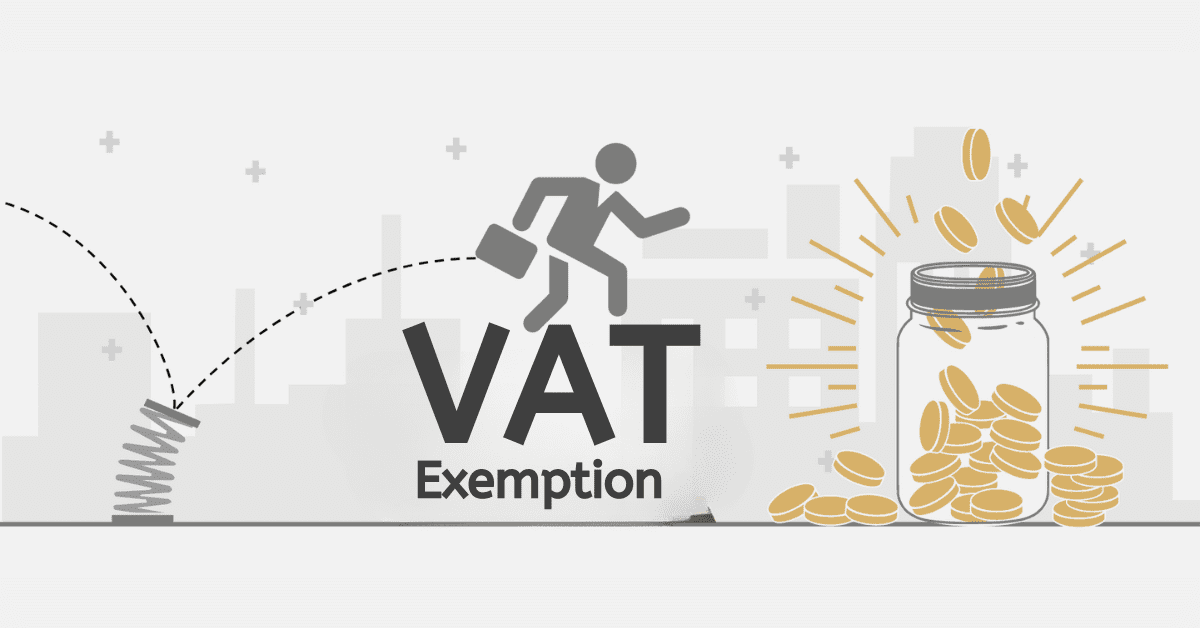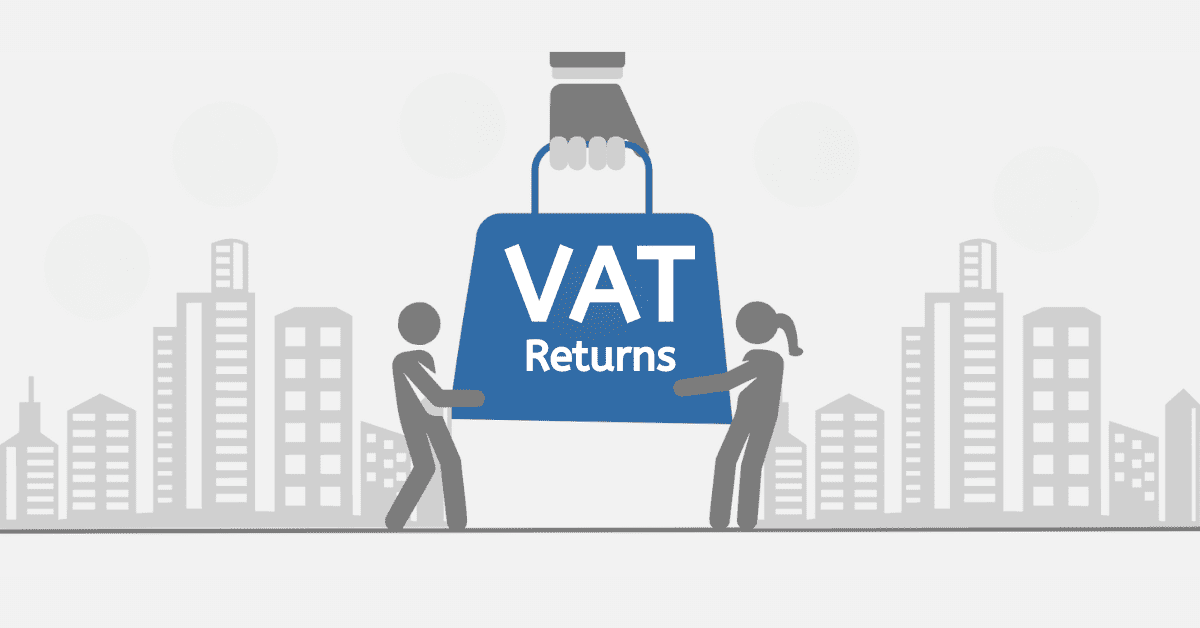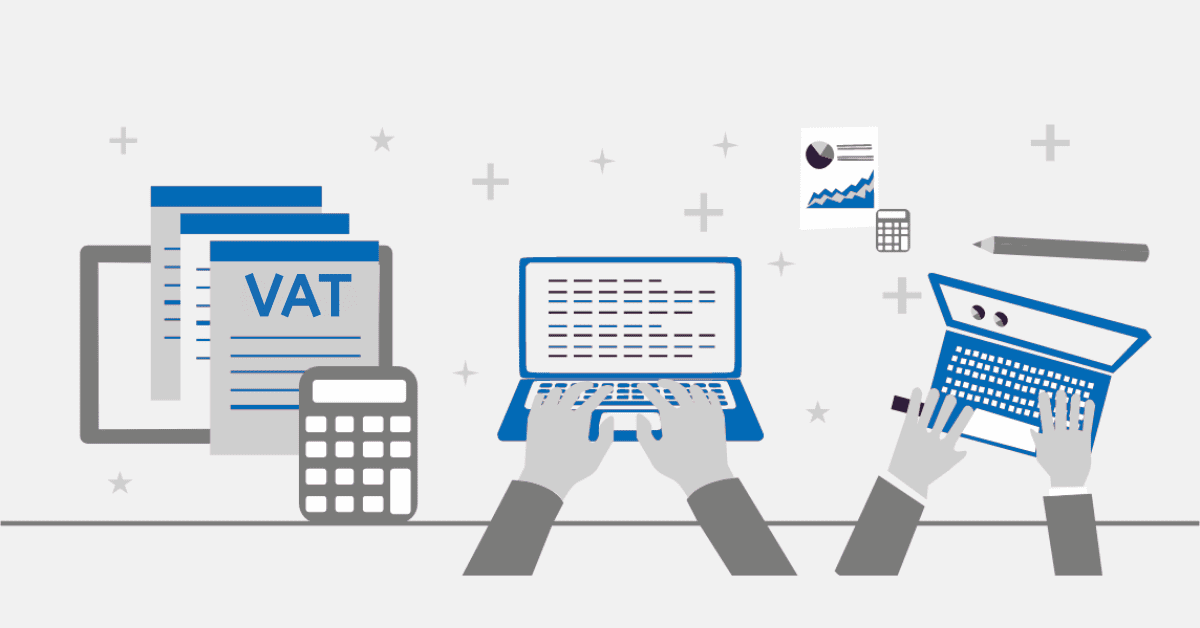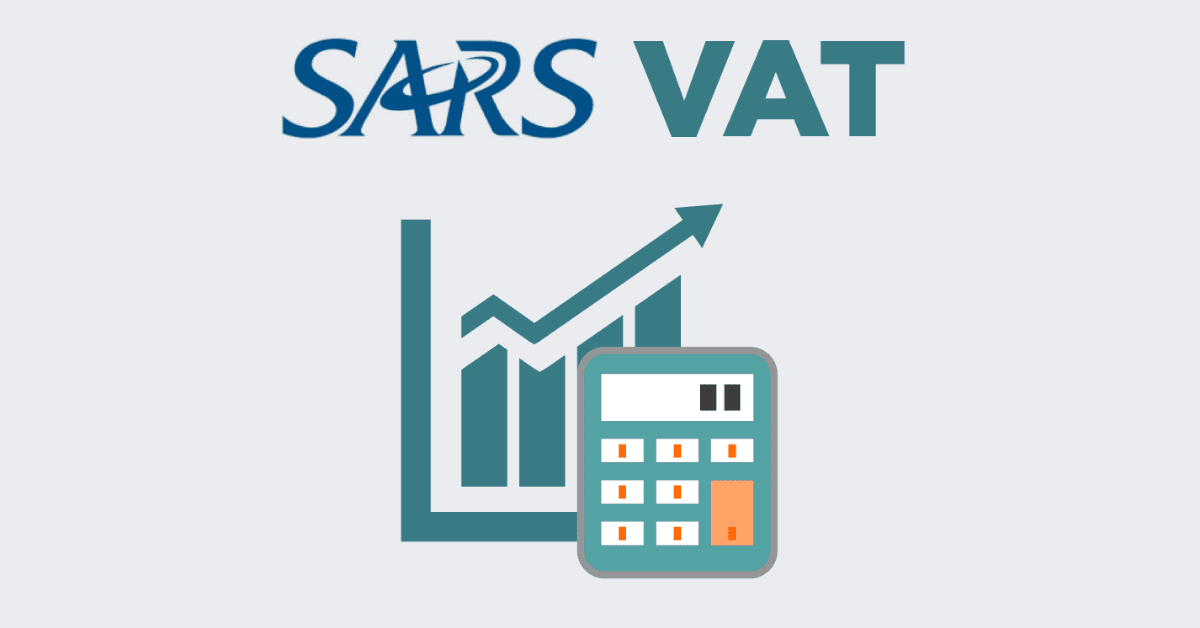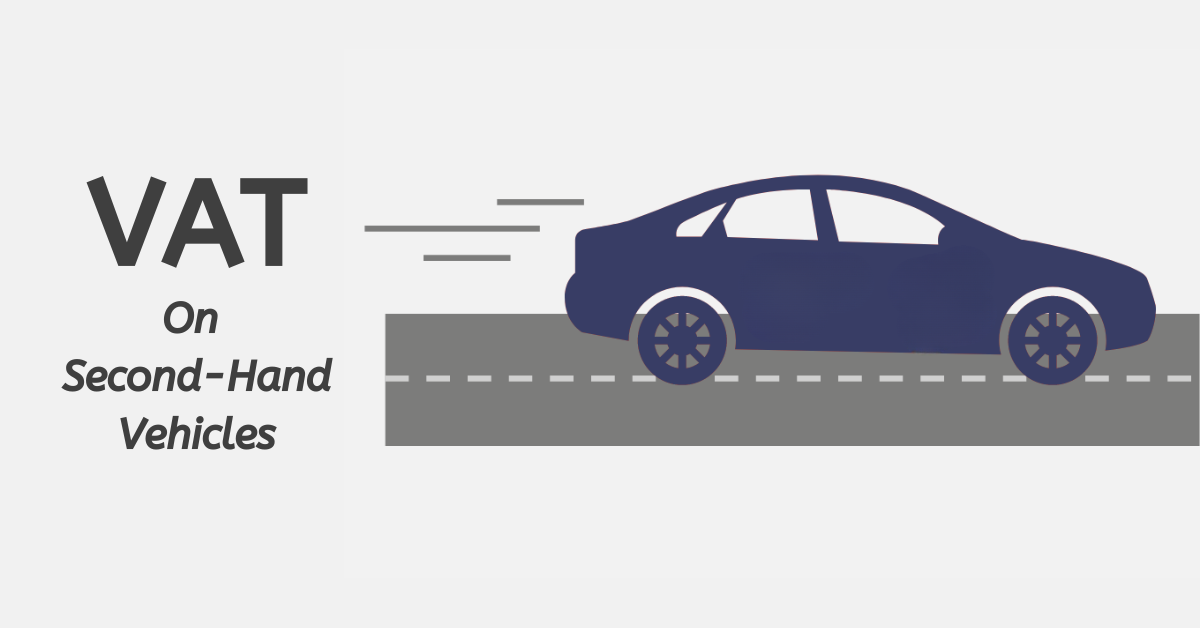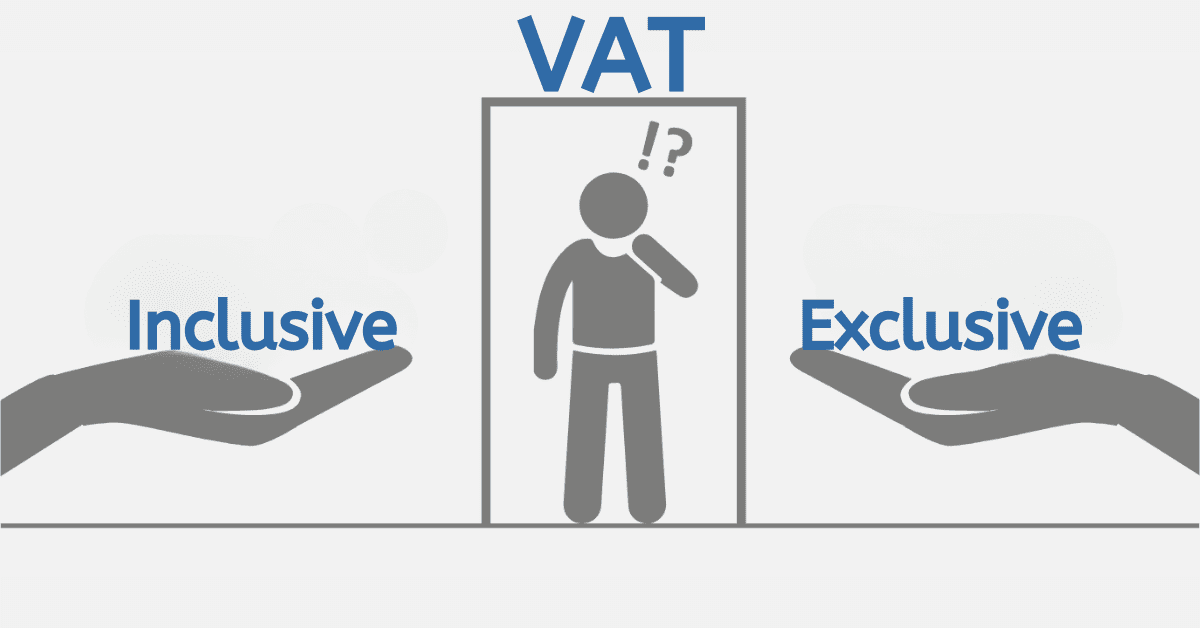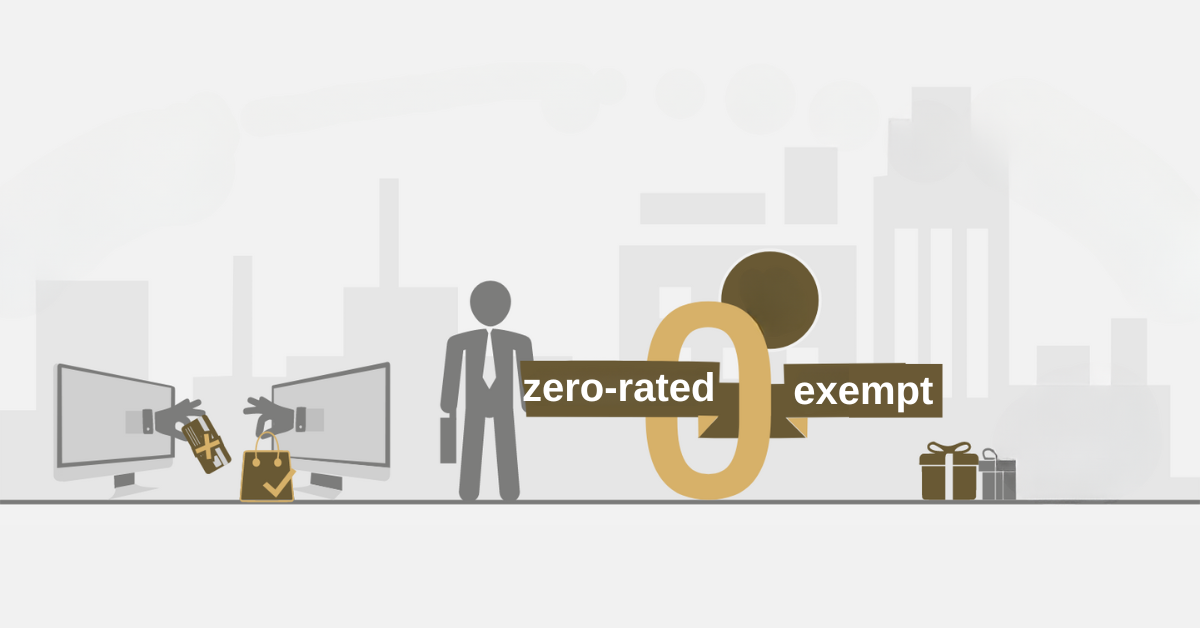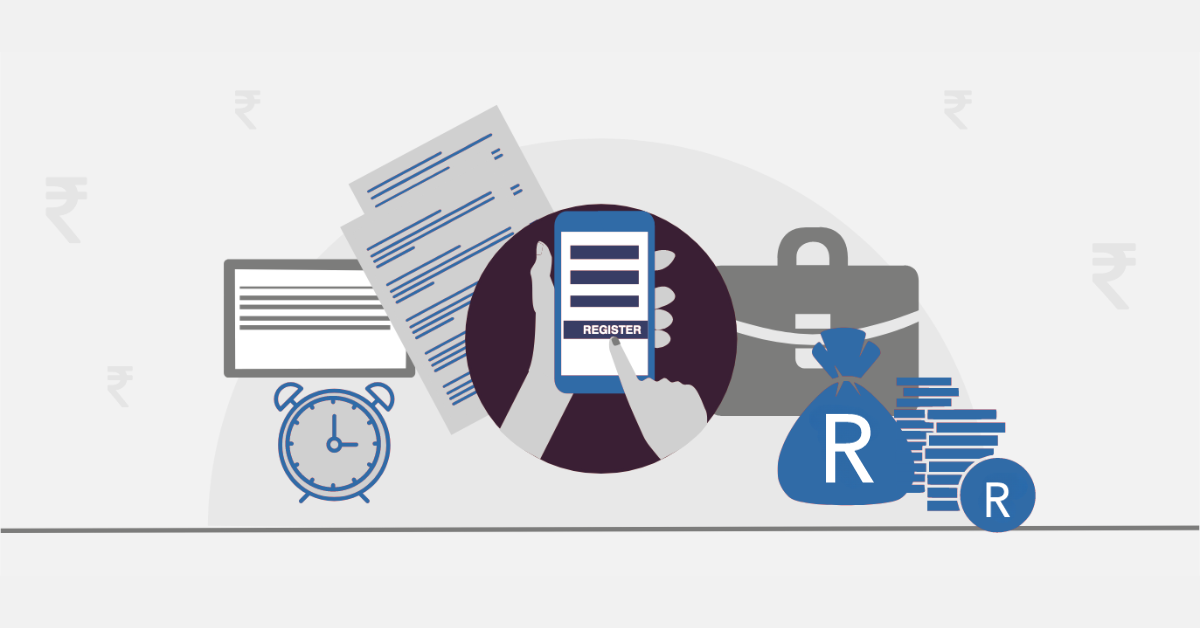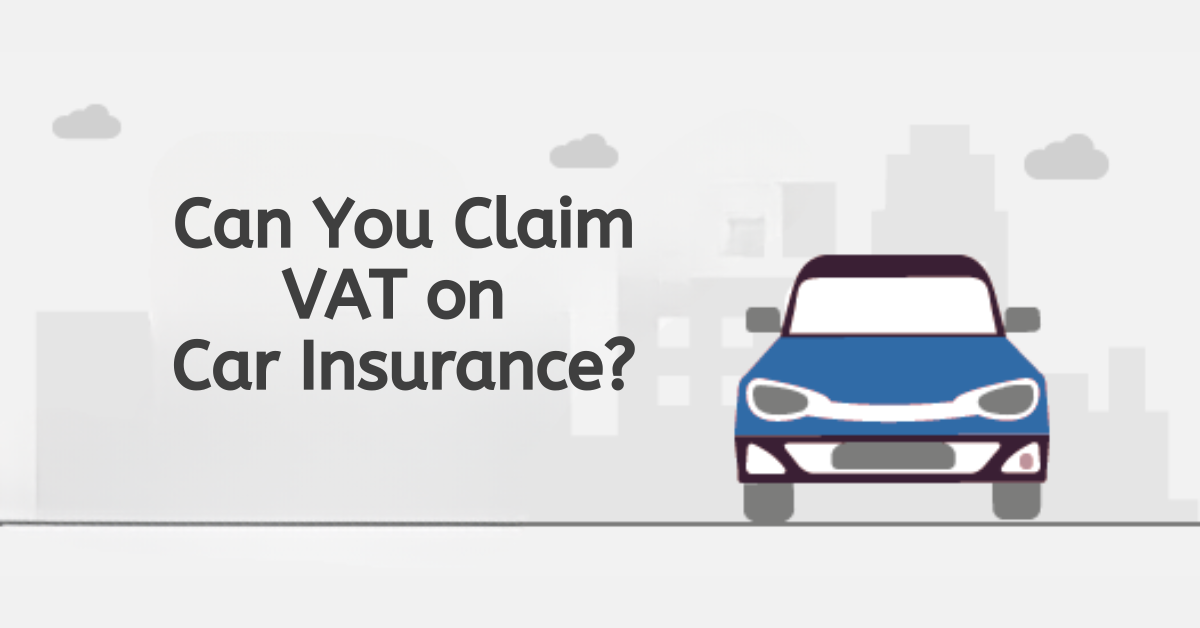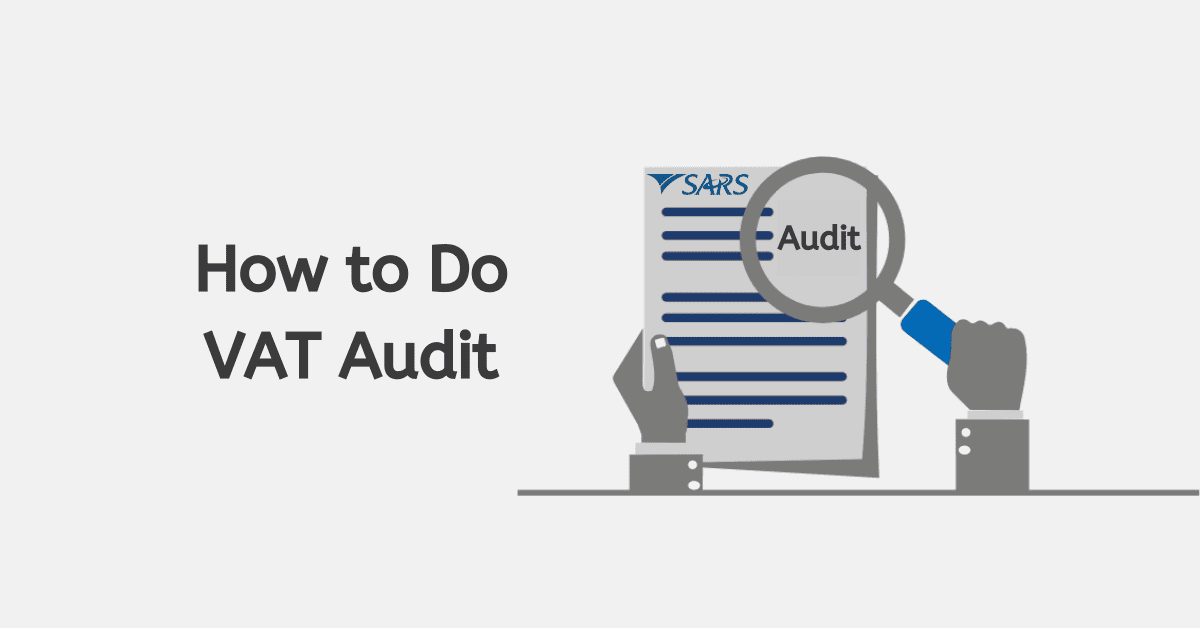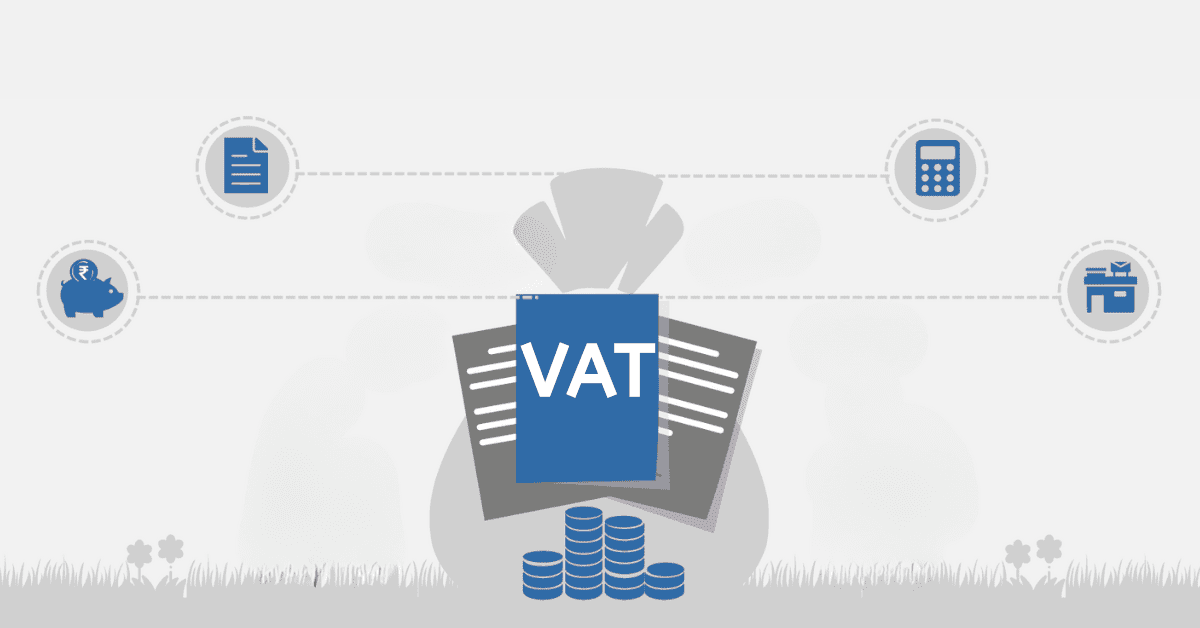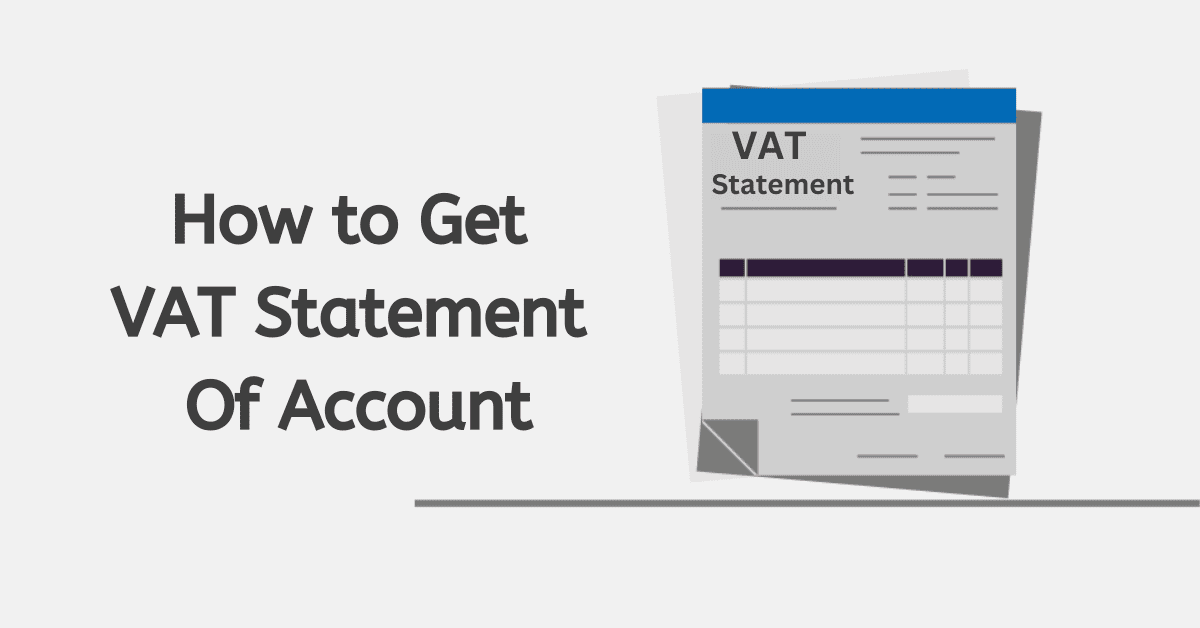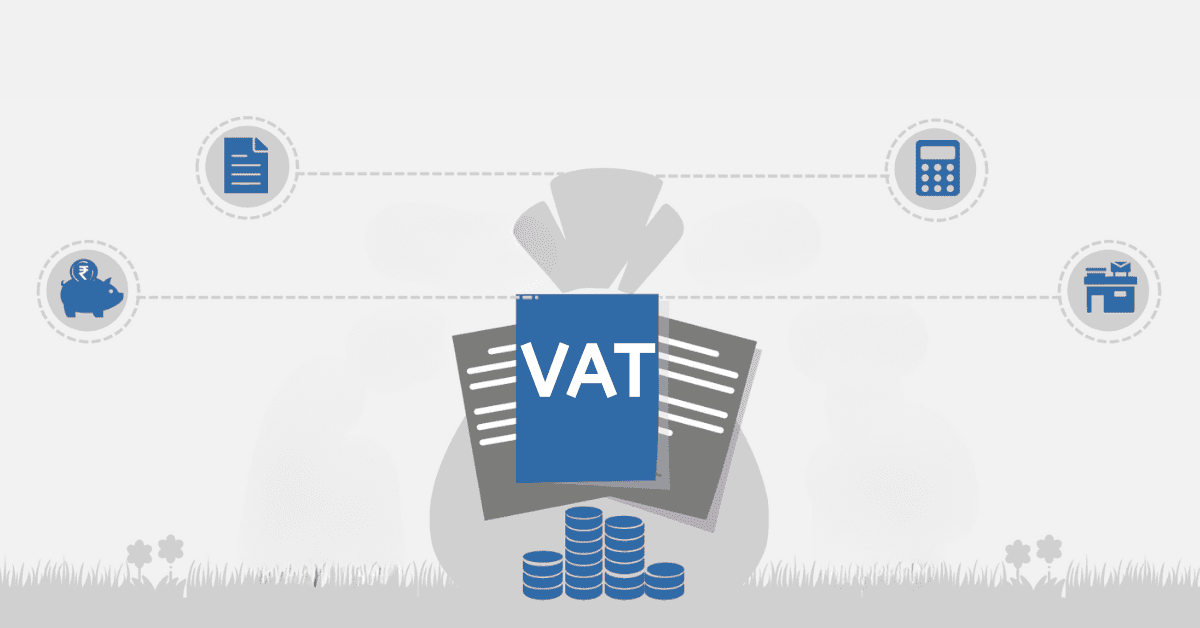Foreign visitors to South Africa can claim back value-added tax (VAT) paid on movable items they buy during their stay. VAT is charged at 15%, and qualifying buyers can claim it upon departure when they take away the goods to their respective countries. To be eligible to claim a VAT refund on export items, there are different things you should know. Read on to learn how to claim VAT on exported goods.
How to Claim VAT on Exported Goods?
South Africa offers VAT refunds on the amount of VAT paid on items bought for export by qualifying purchasers. At the time of departure, the visitors must submit their claims for VAT refund at the VRA offices found at designated exit ports. All visitors must meet the requirements and conditions listed in the export regulation.
To be able to claim VAT, be sure to identify yourself when you buy different items so that the shop assistant can provide you with a tax invoice. For goods with a value exceeding R5 000, the tax invoice issued by the shop must have your name and address. Additionally, proof of payment is required for purchases that are more than R10 000.
When you get to the designated point of departure, you must declare your goods to the customs officials for inspection before checking in for your flight. VRA offices are found at international airports, commercial harbors, and land borders.
After inspection, the last step is to submit your claim to the VAT refund office. The claim must be accompanied by the following documents:
- Valid passport
- Tax invoices with customs stamp
- Boarding pass
Once the claim is processed, you’ll get a VAT refund card loaded with your money. You can use the card to withdraw cash from an ATM with access to MasterCard® or make purchases. However, the card does not work in specific countries, so you must check first if it is acceptable in your country.
For VAT refunds exceeding R3 000, money will be loaded into the card within three days of your departure date. It can take up to three months to get a VAT refund of more than R10 000. Once your claim has been approved, you should not worry because you will get your money back at some point.
How Does VAT Work on Exports?
The standard VAT rate on all services and goods, including exports, is 15% or zero rate (0%). There are mainly two types of exports involved when you want to export goods from South Africa to your country, known as direct and indirect exports.
Certain exports of products from South Africa are levied VAT at zero rate if they meet the following requirements outlined by the Export Regulation. The vendor directly delivers the goods to the recipient in their country in the case of direct exports. When it comes to indirect exports, the recipient or their agent physically moves the goods from South Africa to their country.
When the vendor charges VAT on the goods purchased by a qualifying buyer, the exporter is eligible to claim a refund from the VAT Refund Administrator (VRA) at the designated exit port. The exporter must make relevant declarations, and they should present the goods physically to the customs officials together with the necessary documentation to get their VAT back
Any person who intends to export goods from South Africa must be a qualifying purchaser as outlined in the Export regulation. Other requirements include the following:
- The total value of movable goods to be exported exceeds R250
- Items to be taken out of the country within 90 days from the date of receiving the tax invoice
- The VAT claim together with all the supporting documents, should be submitted to VRA within 90 days of the expected export date.
- There are 43 designated exit ports that can be used to claim VAT on goods taken out of the country.
- A VAT claim must be accompanied by original documentation
Make sure all your papers are in order before you go to the airport.
Where Do Exports Go On VAT Return?
Wondering where exports go on the VAT return when you trade with businesses outside South Africa? If the vendor supplies the goods directly to the purchaser in their respective country, this is known as direct export and is subject to zero VAT rate. When there is no VAT charge, the only input required on your VAT return is the price or value of the sale made. This helps to show that no VAT claim can be made for goods exported because nothing is charged in the first place.
Can I Claim VAT Back if My Turnover Is Less
If you operate a business in South Africa, you should register for VAT if your turnover for 12 consecutive months exceeds R1 million. When you reach this milestone, it becomes mandatory to register for VAT.
Businesses with income that exceed R50 000 in 12 months can register voluntarily for VAT. However, this does not necessarily mean that they can claim VAT. Only registered vendors can claim VAT, but small business operators need to understand the intricacies of VAT in their operations. Consulting a tax professional can go a long way in helping you navigate the field of value-added tax which is often misunderstood by many people.
Qualifying buyers in South Africa can claim VAT paid on certain goods when they export them to their respective countries. VAT is charged at the standard rate of 15% or 0%. When the zero rate is applied, no VAT is charged, so there is no buyer who can claim a refund. To be eligible for a VAT refund on exports, you should meet certain conditions as stipulated by the Export Regulation. In the case of indirect exports, the purchaser must physically declare the goods at any of the designated exit ports. Original documents are required to support the VAT claim, which should be made within 90 days of obtaining the tax invoice.
